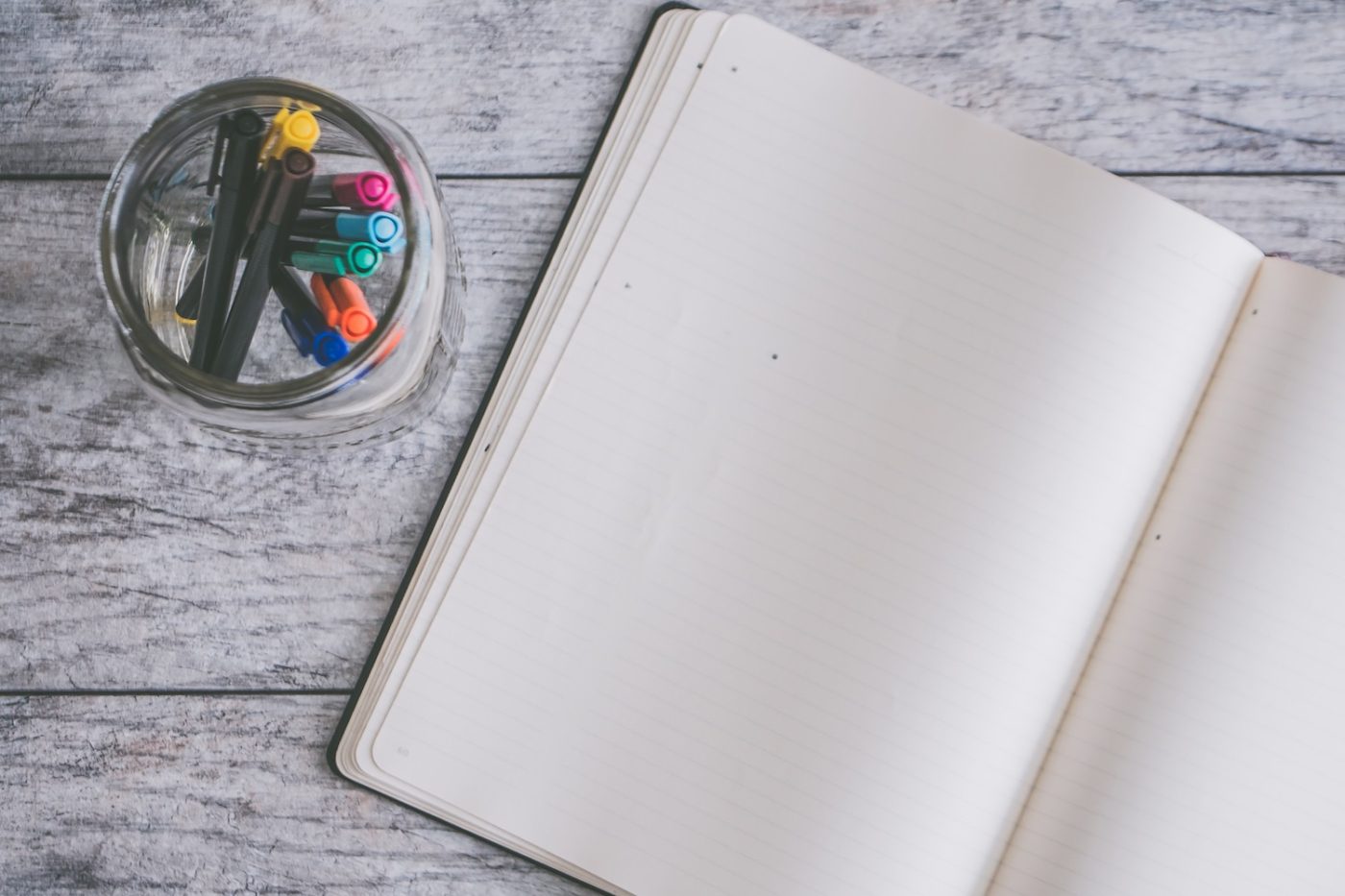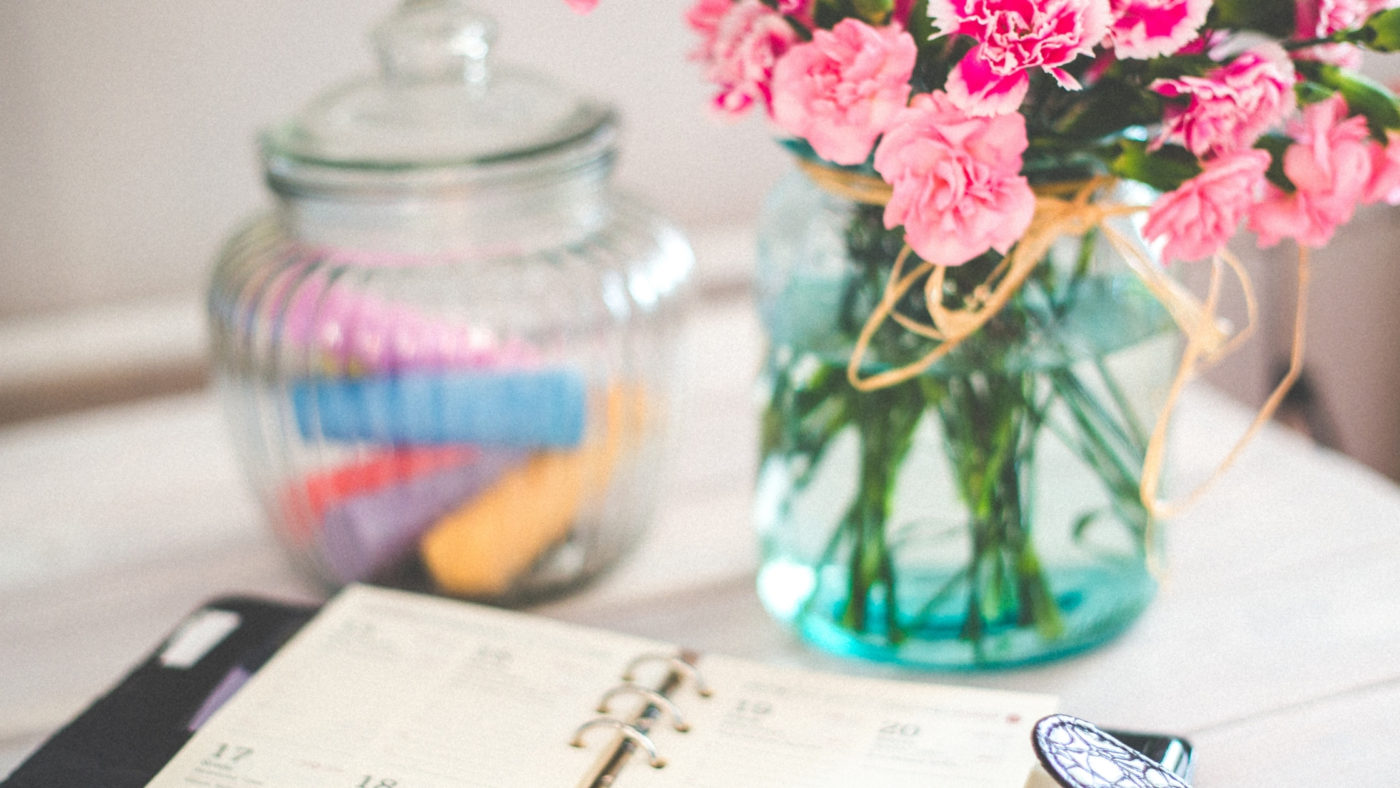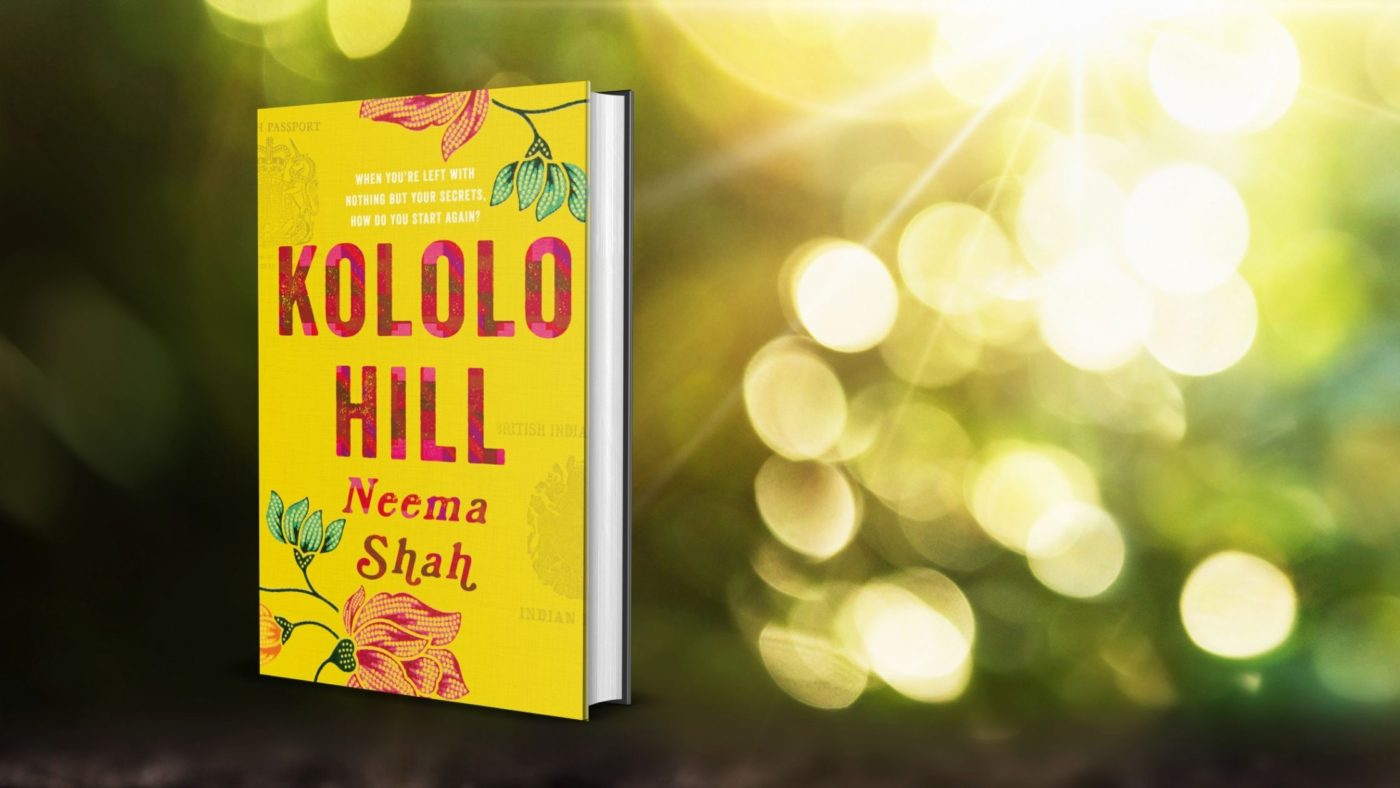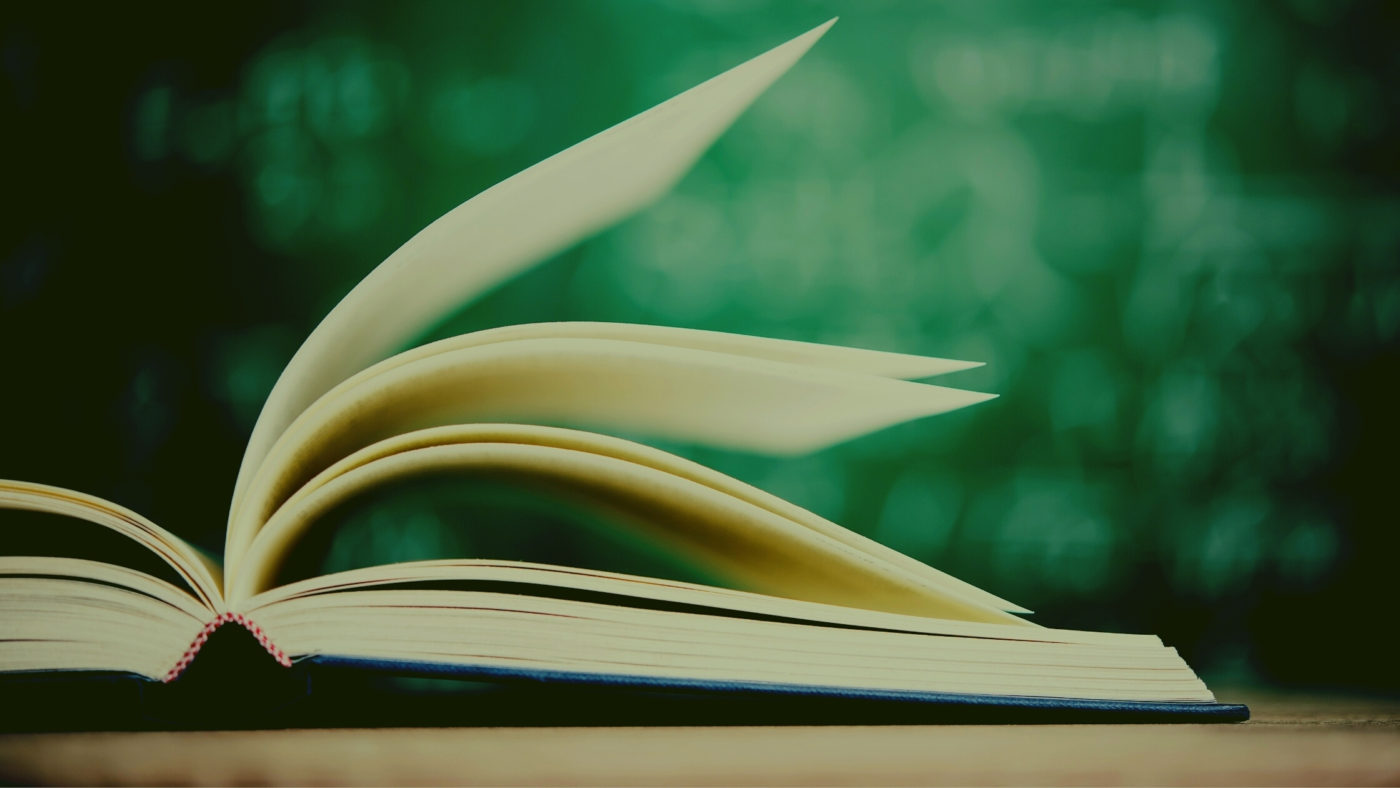I can only say that my own experience of writer’s block has been mercifully limited. I spent one weekend where not only would the words not come, neither would any thoughts or ideas. It was as though my mind had been wipe cleaned of every connection to my novel and its characters. It was a completely alien experience to me and the more I tried to force the ideas and writing, the worse it became.
Philip Pullman once said ‘All writing is difficult. The most you can hope for is a day when it goes reasonably easily. Plumbers don’t get plumber’s block, and doctors don’t get doctor’s block; why should writers be the only profession that gives a special name to the difficulty of working, and then expects sympathy for it?’ But I don’t think this is a fair comparison (putting aside the fact that plumber’s block is surely a thing, otherwise I’m seriously worried about what they’re all doing with those plungers in the bathroom)?! The professions Pullman mentions are rational and methodical in nature. Writing, and for that matter, all types of creative expression, are primarily emotional (and I don’t just mean the tears dropping onto my keyboard because my words are all in the wrong order). Artists, musicians and other types of creatives undoubtedly get creative blocks too.
So, it definitely has helped me to remember that. Emotions are complex things, I think, even more complex than writing a 500 word synopsis or the plot of War and Peace. I have a few techniques that have kept the writer’s block at bay… for the most part.
Freewriting
I’ve probably bored most of my writer friends with my evangelical love for freewriting. I truly believe that a large part of getting my novel finished was psychological. For me, this means getting past the fear of failure. The only way I know to quieten that fear (though it never completely leaves me) is freewriting. I learnt this technique early on, sometimes known as morning pages, which Julia Cameron talks about in her book The Artist’s Way. Freewriting takes a bit of practice but essentially it means just writing and writing, without censoring yourself and without looking back over your words. If you can’t think of something to write for a second or two, you literally write down I don’t know what to write now until another thought comes into the end. Let’s just say there’s been quite a few I don’t what to write and some WTF am I doing? and also a couple of What kind of imbecile decides it’s a good idea to write a novel? Strangely, 9 times out of 10, I’ve found that this helps to focus my mind on the story. It also stops all those rational (or irrational) thoughts from piping up like this is awful or why am I even attempting this, I’ll never be good enough? or when can I have a biscuit? – or sometimes all three thoughts at the same time. It may be a bit of a jumble, but it’s likely to pay off because in amongst it all there is usually a sliver of gold (or at least copper).
Writing a zero draft
I called my initial draft of Kololo Hill my ‘zero draft’ – some people prefer shitty draft, but that’s one step too far in the realm of ‘writing rubbish’ for me. I found this helped me to say to myself, ‘this doesn’t matter, it’s just for me’. It also stopped me being paralysed by the thought of one day having to show my work to someone else or feeling that the very first draft had to be perfect (spoiler: it wasn’t, and neither was the second, third or seventh)! I could tell myself that I was just getting the words down so that I’d have something to work with, a piece of lumpy clay, something to mould into a decent shape later.
Taking breaks
When I wrote my zero draft, I tried to write every day, even if it was just a 100 words, to keep myself connected to the story. There were of course days when I couldn’t write a word because, you know, life. But I’d tried to spend some time thinking about the story even if I couldn’t write anything. And I also made sure to have lots of breaks between drafts, weeks at a time usually. That ensured two things:
1) it stopped creative burnout and made writing feel slightly less of a chore when I went back to it because let’s face it, by the end of that zero draft I was sick of the sight of it so it stopped me setting alight to it.
2) it gave me space away from the story to look at it objectively when I read through it again.
Letting writer’s block take its course
Sometimes I just had to accept that there was no point in pushing myself if I really couldn’t make the words flow. If I’d tried freewriting and I’d spent time away from the computer and I’d given myself a break from writing completely and it still wasn’t working, I realised I just had to accept it. There’ll certainly be people who are experiencing major life events or are struggling with their mental health. Those are the days when we should try not to give ourselves a guilt trip and be ‘civilians’ instead – you know, non-writers? Those people who picnic in the park until the sun sets or watch TV all day or do something else that isn’t as insane as trying to write a novel. See, even writer’s block has a silver lining.







